Hey everyone! As a travel blogger who has been all over, today I want to share a super interesting topic - modern urban tourism services. With technological advances and service upgrades, urban tourism today has evolved far beyond just taking photos at landmarks. Whether from ground level, water, or aerial perspectives, each dimension offers a unique city experience.
To be honest, in my recent years traveling to cities from Asia to Europe and America, from traditional cultural cities to modern metropolises, I've been amazed by how tourism services have kept pace with the times. This comprehensive, multi-dimensional tourism experience has given me a whole new understanding of what "travel" means.
Remember how we used to travel - either following tour guides with little flags for quick glimpses, or wandering around with maps? Things are different now. City sightseeing has evolved to another level.
My experience in New York last year was incredible! In the morning, sitting on an open-top tour bus, greeting the morning sun while Manhattan's skyscrapers slowly passed by. The tour guide not only shared stories about each landmark building but also wove in details about local daily life. For instance, he told us New Yorkers' favorite breakfast combo is bagels with cream cheese, and how subway stations often feature impromptu street performances. These everyday details made the whole city feel more intimate.
At noon, we switched to the Circle Line cruise, circling Manhattan Island via the Hudson and East Rivers. The water perspective was amazing! When we saw the Statue of Liberty, our boat specifically paused at sea for everyone to take photos. The cruise narrator mentioned that many New Yorkers also choose to take boat rides on weekends to enjoy this leisurely time.
The most exciting part was the evening helicopter tour. As the entire city gradually lit up, we overlooked this sleepless city from above. Central Park looked like a huge emerald embedded among concrete and steel, while landmarks like the Empire State Building and Freedom Tower gleamed in the sunset. At that moment, I was completely captivated by New York City's charm.
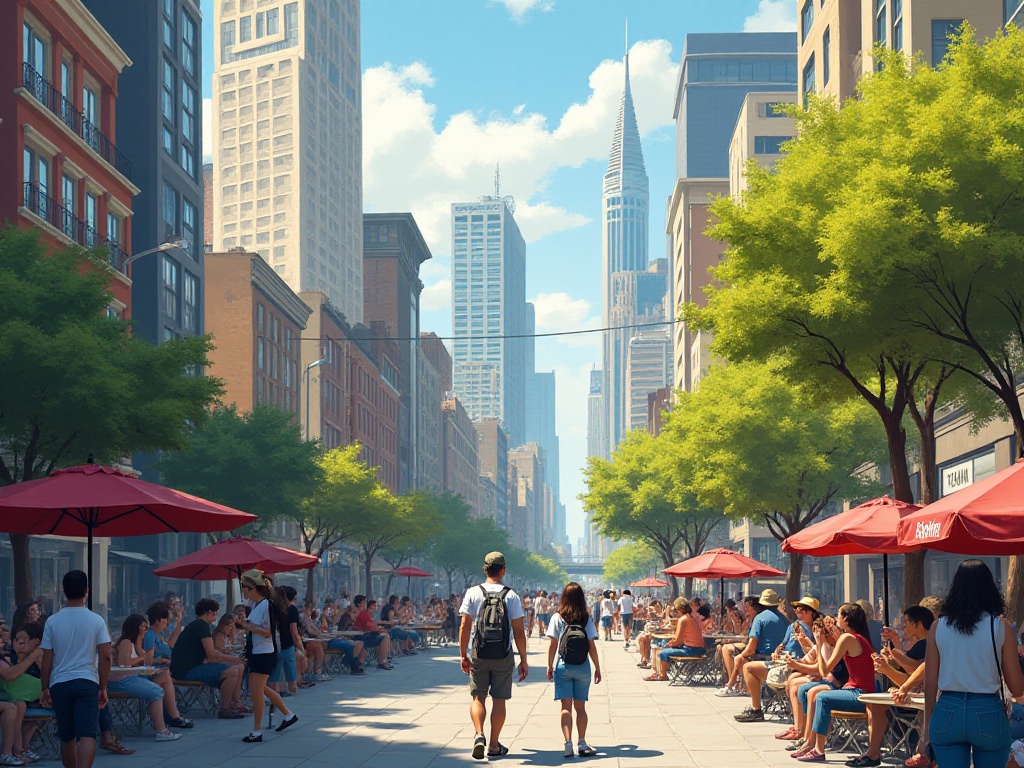
Urban guide services have become increasingly sophisticated now. Unlike traditional group tours, current guide services emphasize interactivity and experience.
Singapore's FunVee night tour left a particularly deep impression on me. Our guide was a super cute Singaporean girl who not only took us to popular spots like Marina Bay Sands and Gardens by the Bay but also to hidden gems that only locals know about.
For example, we visited a viewpoint hidden in a residential area where you can see the entire city's night view. The guide said it was her favorite spot during university days, where many local young people come for picnics and stargazing. She also took us to a vintage bar in an old neighborhood that played Singaporean songs from the last century, with vintage photos covering the walls, showing us a different side of Singapore.
Most touching was how the guide catered to everyone's needs. When an elderly gentleman mentioned wanting durian, she immediately took us to a local durian stall. When a girl wanted to buy local souvenirs, she recommended some high-value local shops. This kind of thoughtful service really made the whole journey special.
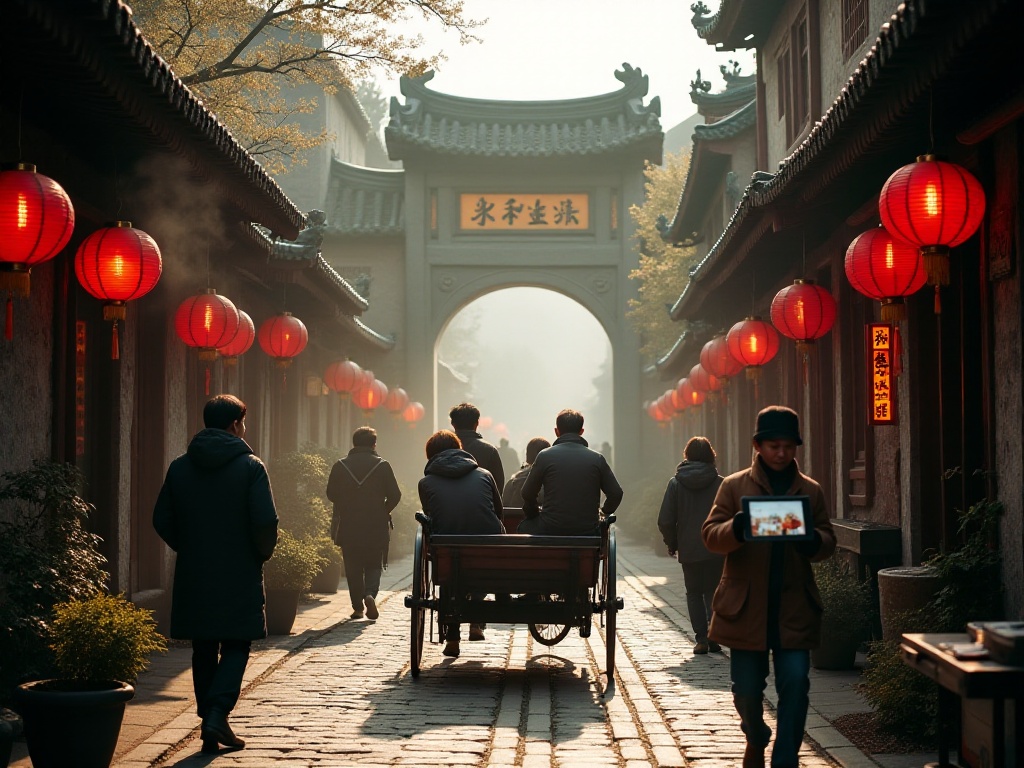
As someone interested in data, I recently studied tourism statistics from major European cities and found some fascinating trends. According to citydestinationsalliance.eu, tourism in major European cities is thriving.
Take Paris for example - hotel occupancy rates have remained high in recent years, with boutique hotels in artistic and historic districts being particularly popular. Venice has started implementing tourist flow control measures, using big data to monitor tourist numbers and limiting visitors during specific periods to protect the water city's ecosystem.
Amsterdam is leading the way with their smart tourism management system that monitors real-time visitor numbers at various attractions and suggests optimal visiting times to tourists. The system also tracks tourism-related carbon emissions to help the city achieve more sustainable tourism development.
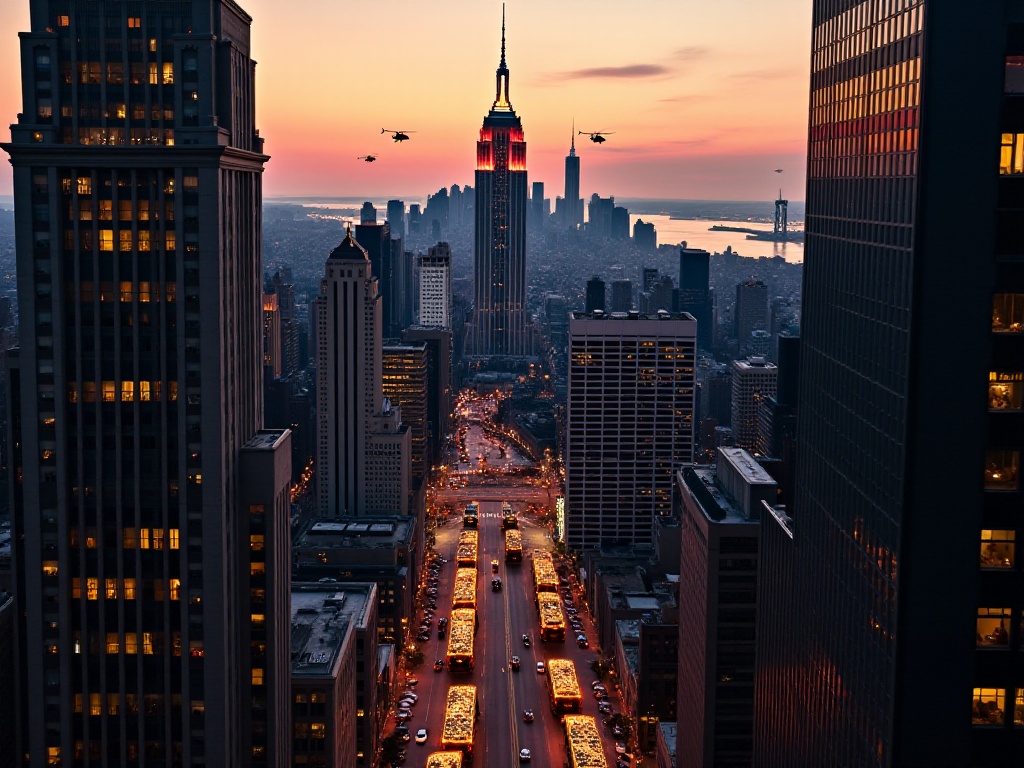
Speaking of technology, urban tourism has become increasingly intelligent. During my last visit to Tokyo, I navigated the entire city using an app called "Tokyo Travel Assistant."
This app not only provides basic attraction information and route navigation but also offers super practical advice based on real-time data. For instance, it recommends indoor or outdoor attractions based on weather forecasts, suggesting museums and art galleries on rainy days. During peak hours, it advises avoiding popular spots in favor of equally interesting but less crowded alternatives.
The most amazing feature is its real-time translation function, which not only translates signs and menus but also displays translations directly on your phone screen using AR technology. In countries like Japan where English isn't widely spoken, this feature is a lifesaver.
Some cities' tourism platforms have started applying AI technology to customize travel routes based on your interests and travel style. They analyze your social media preferences to understand your favorite food types, architectural styles, cultural activities, and then recommend the most suitable attractions and experiences.
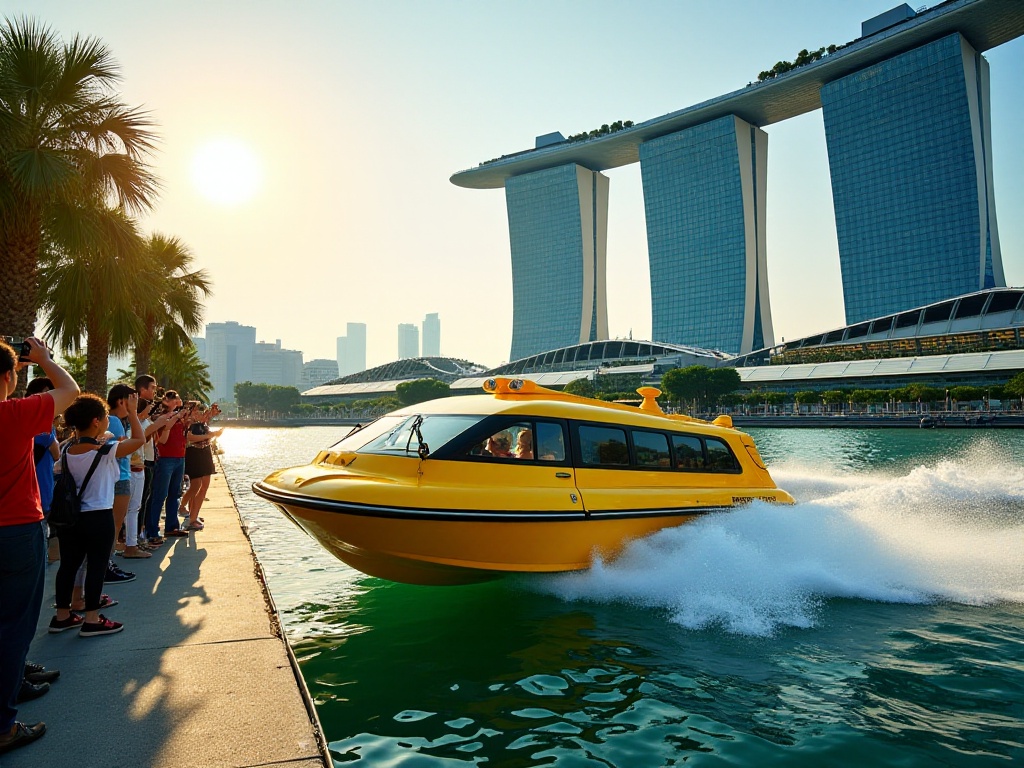
Speaking of personalization, urban tourism services have become increasingly adept at catering to individual preferences. Food tours are a perfect example.
The food tour I joined in Singapore was an absolute feast. Our guide first took us to Chinatown's morning market, where we ate traditional laksa and kaya toast while listening to the stories behind these dishes. Then we visited Little India to taste authentic roti prata and curry. Finally, in Kampong Glam, we tried Peranakan cuisine, experiencing the collision of different cultures.
The guide was particularly attentive to everyone's dietary restrictions and taste preferences. When someone mentioned they couldn't handle spicy food, she would specially request less spice from the vendors. When someone wanted to try durian, she took us to the most famous durian stall and helped select the freshest fruit.
Beyond food tours, there are now various themed custom tours. For example, photography tours where guides take you to the best photo spots and teach you how to adjust camera settings in different lighting conditions. Architecture exploration tours delve deep into each building's history and design concepts, helping you discover overlooked architectural beauty in the city.
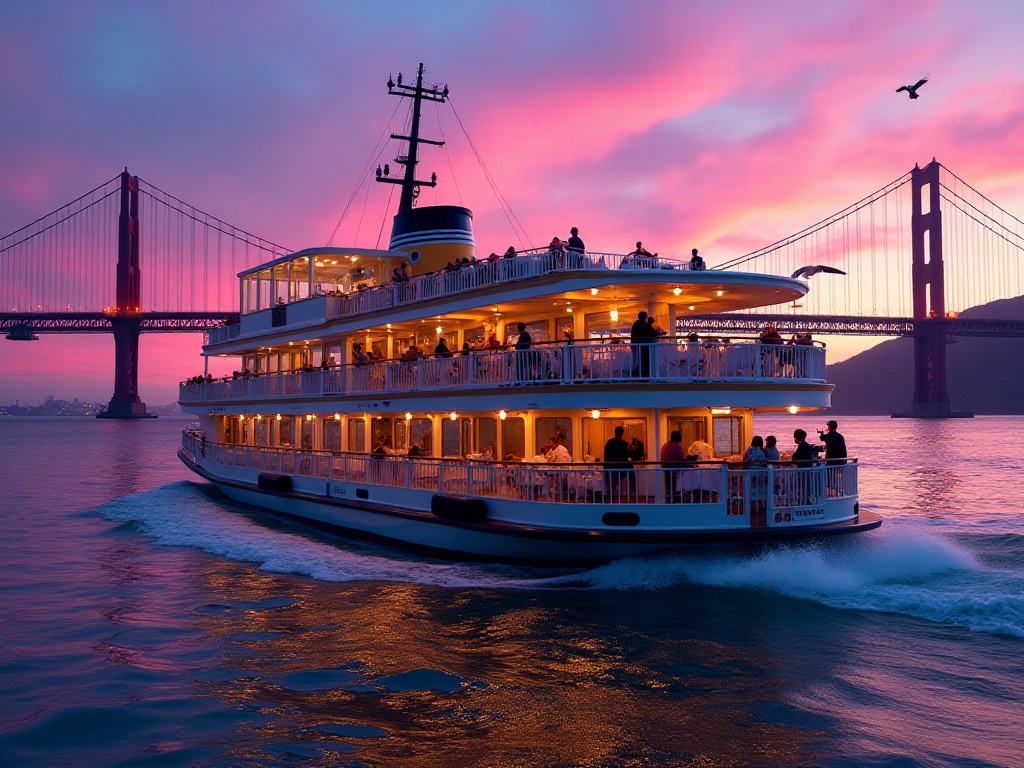
As a frequently traveling blogger, I'm excited about the future of urban tourism. I believe our travel experiences will become richer and more convenient with technological development.
Virtual reality technology might completely transform how we sightsee. Imagine putting on VR glasses and traveling through time to see the Roman Colosseum in its prime or experience Victorian-era London streets. This immersive experience would make history more vivid and interesting.
Big data applications will make tourism services smarter and more personalized. Systems might precisely predict attractions and activities you'd be interested in based on your social media data and consumption habits. Meanwhile, real-time monitoring and regulation of tourist flows will help cities better balance tourism development and environmental protection.
Sustainable tourism will also become an important future trend. More cities are starting to consider tourism's environmental impact, promoting eco-friendly sightseeing methods like walking tours and bicycle tours. Some cities are even promoting the concept of "slow travel," encouraging tourists to slow down and deeply experience local culture.
In this rapidly developing era, the possibilities for urban tourism are truly endless. Every time I think about this, I get especially excited about what surprises the next trip might bring.
What do you think urban tourism will look like in the future? Feel free to share your thoughts in the comments. If you also have any particularly memorable urban tourism experiences, please share them too. Let's discuss and share to discover more possibilities in urban tourism. I believe that in the near future, our travel experiences will become even more colorful and unique!
 Previous
Previous
